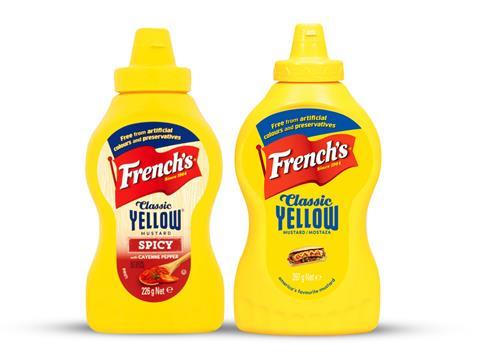
Reckitt Benckiser’s sell-off of its food division announced this week is just the start of a wave of M&A activity for fmcg companies, dealmakers at KPMG have predicted.
New M&A Predictor research by the advisory firm comes as Unilever confirms its spreads business is for sale and Reckitt fires the gun on the disposal of French’s and Frank’s Red Hot sauces.
James Murray, global head of consumer M&A at KPMG, said high-profile consumer goods deals in recent months signalled an ongoing move towards consolidation across the sector.
“CEOs are worrying what is going to drive top-line sales growth,” he added. ”What we are seeing now [with Reckitt and Unilever] is effectively repositioning and divesting for growth, which will drive further activity in 2017.”
The research found that global fmcg players had healthy balance sheets with plenty of cash to put to work, coupled with an appetite to hit the acquisition trail.
Three $10bn (£8bn) plus deals helped drive up the value of global M&A by 9% to $678.5bn (£546.1bn) in the first quarter.
Murray added that Ray-Ban maker Luxottica’s £40bn merger with Essilor, Reckitt’s £14.3bn takeover of US baby formula firm Mead Johnson and British American Tobacco’s £40bn takeover of rival cigarette maker Reynolds could just be the start of a wave of activity in the sector over the coming months.
“There is new model of ambient fmcg businesses such as Kraft Heinz and Nomad Foods, which takes big brands and drives costs hard out of them,” he said. “Businesses with moderate or flat growth, such as Unilever spreads and French’s, which are almost like an annuity ticking along and throwing off cash, will fall into the hands of the likes of Kraft or large private buyout houses because that cash enables you to pay down debt and then refinance.”
KPMG’s analysis of global M&A trends showed corporates in the US, China and Japan remained the most prolific originators of deals within the consumer goods sector, with France and Singapore trailing behind.
Murray said Japanese buyers like Suntory and Asahi are having to look outside of their domestic market for growth and driving deals for cash generative brands that hold the number one or number two positions in categories.
“Asahi’s acquisition of Peroni is a good example of this; and indeed, related to this, we expect to see further activity in the beer sector in particular over the coming months as part of the fallout of the AB InBev deal.”
In the mid-cap market, M&A activity is being driven by a number of smaller, but high-growth companies, which are being targeted by larger corporates seeking to drive sales, accelerate NPD or gain access to fast-growth categories such as healthy-snacking and free-from.
Recent deals include Lion Capital’s acquisition of sports nutrition business Grenade and Associated British Foods purchase of High5 and Reflex Nutrition.
“There has been a structural shift in consumer taste preferences and habits, which is only going to continue in the next 5 to 10 years and drive continued growth at these firms,” Murray said.
However, he warned it would not be all plain sailing, with a number of micro and macro-economic factors that longer-term could prompt executives to adopt a more cautious outlook to their growth strategies.
“We would be remiss to discount the impact of Brexit and the continued wider geo-political uncertainty, alongside changes in the currency markets, nervousness around slow wage growth and rising inflation.
“Both their individual and collective impact on consumer confidence may ultimately dampen the current enthusiasm amongst corporates for M&A.”




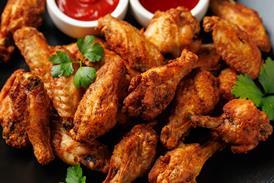


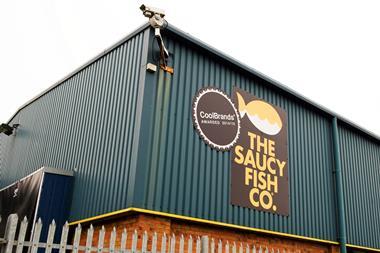
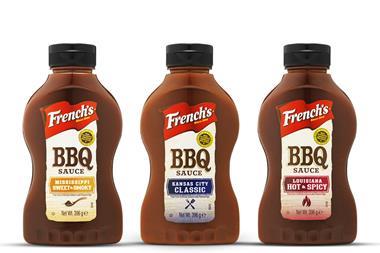
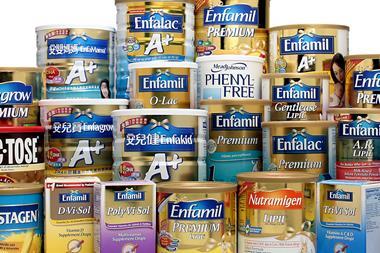
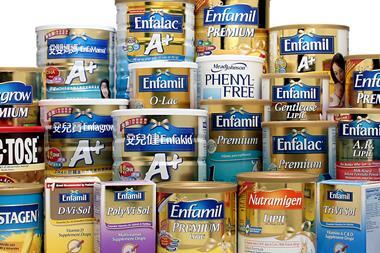
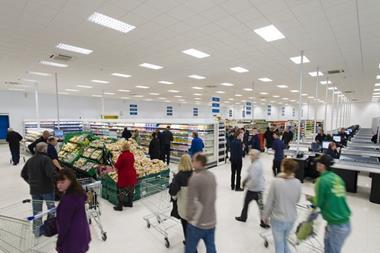
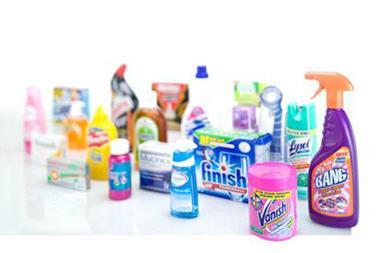

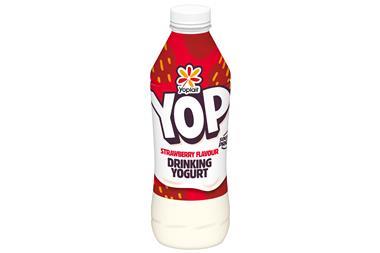
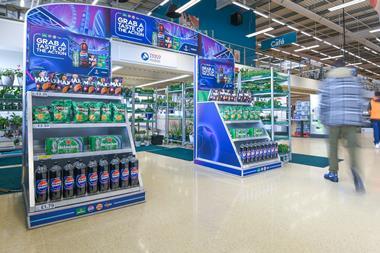
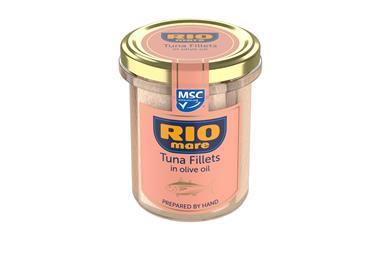
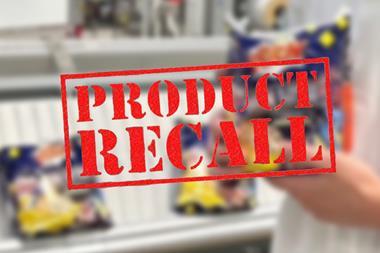

No comments yet